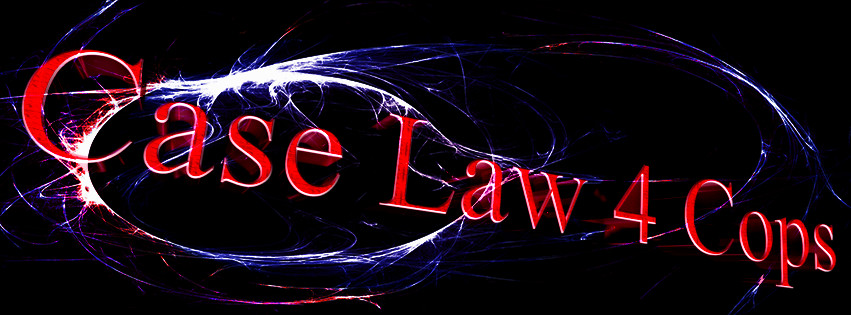Click on the case titles to link to the full case decision.
Gideon v. Wainwright 372 U.S. 335 (1963)-Florida law only provided counsel for indigent defendants in capital cases. The USSC ruled that an indigent defendant has a right to court appointed counsel in non-capital cases as well as capital cases.
Gilbert v. California, 388 U.S. 263 (1967)-This case deals with handwriting exemplars. The court ruled that:
-
Handwriting exemplars are identifying physical characteristics outside the protection of self-incrimination.
-
The taking of handwriting exemplars is not a "critical" stage of the criminal proceedings. Therefore, the defendant is not entitled to counsel.
United States v. Wade, 388 U.S. 218 (1967)-A suspect that is represented by an attorney can be compelled to participate in a line-up without the attorney present. The suspect can also be asked to recite lines in order to identify his voice.
United States v. Ash, 413 U.S. 300 (1973)-The Sixth Amendment does not grant an accused the right to have counsel present when the Government conducts a post-indictment photographic display, containing a picture of the accused, for the purpose of allowing a witness to attempt an identification of the offender.
Brewer v. Williams, 430 U. S. 387 (1977)-The Sixth Amendment right to counsel is triggered "at or after the time that judicial proceedings have been initiated ... 'whether by way of formal charge, preliminary hearing, indictment, information, or arraignment.' " Any questioning by law enforcement must be in the presence of counsel, or the person must waive his right to counsel.
Edwards v. Arizona, 451 U.S. 477 (1981)-"An accused having expressed his desire to deal with the police only through counsel, is not subject to further interrogation until counsel has been made available to him, unless the accused has himself initiated further communication, exchanges, or conversations with the police."
Moran v. Burbine, 475 U. S. 412 (1986)-The respondent was arrested for breaking and entering. Evidence was discovered that he might have committed a murder. He was read his Miranda rights and questioned. At the time, the respondent's sister called the public defender's office and obtained counsel for him. The attorney called the police department and advised that she would act as counsel for the respondent if he is questioned. The police never told the respondent about the attorney. They also lied to the attorney and said the respondent would not be questioned until the next day.
Held: The police's failure to inform respondent of the attorney's telephone call did not deprive him of information essential to his ability to knowingly waive his Fifth Amendment rights to remain silent and to the presence of counsel. Events occurring outside of a suspect's presence and entirely unknown to him can have no bearing on the capacity to comprehend and knowingly relinquish a constitutional right. Once it is demonstrated that a suspect's decision not to rely on his rights was un coerced, that he at all times knew he could stand mute and request a lawyer, and that he was aware of the State's intention to use his statements to secure a conviction, the analysis is complete and the waiver is valid as a matter of law. The level of the police's culpability -- whether intentional or inadvertent -- in failing to inform respondent of the telephone call has no bearing on the validity of the waivers.
Minnick v. Mississippi, 498 US 146 (1990)-Once a custodial suspect requests counsel in response to the Miranda warnings, the officers cannot attempt to reinterrogate the suspect without counsel. In this case, federal officers interrogated the suspect after advising him of his rights. He requested counsel. A couple of days later a deputy sheriff read the suspect his rights again and questioned him without his attorney. The suspect confessed. The confession was excluded because the suspect requested counsel during the first interrogation.
Davis v. United States, 512 US 452 (1994)-A suspect must make an unequivocal request for a lawyer in order to effectively invoke his right to counsel.
Texas v. Cobb, 532 U.S. 162 (2001)-Held: Because the Sixth Amendment right to counsel is "offense specific," it does not necessarily extend to offenses that are "factually related" to those that have actually been charged. Cobb burglarized a home. He then committed two murders to conceal the burglary. He was charged with the burglary and obtained counsel. He was later Mirandized and questioned about the murders for which he had not been charged. Although the crimes were related, they are separate crimes. The confession to the murders was properly obtained.
Fellers v. US, 540 U.S. 519 (2004)-After Fellers was indicted by a grand jury; he was questioned without being Mirandized during his arrest or having counsel (See Brewer V. Williams). He made incriminating statements. The officers took him to the jail and read him his rights. He again made the incriminating statements. The Court held that the statements are excluded. The statements after Miranda were fruits of the initial questioning.
